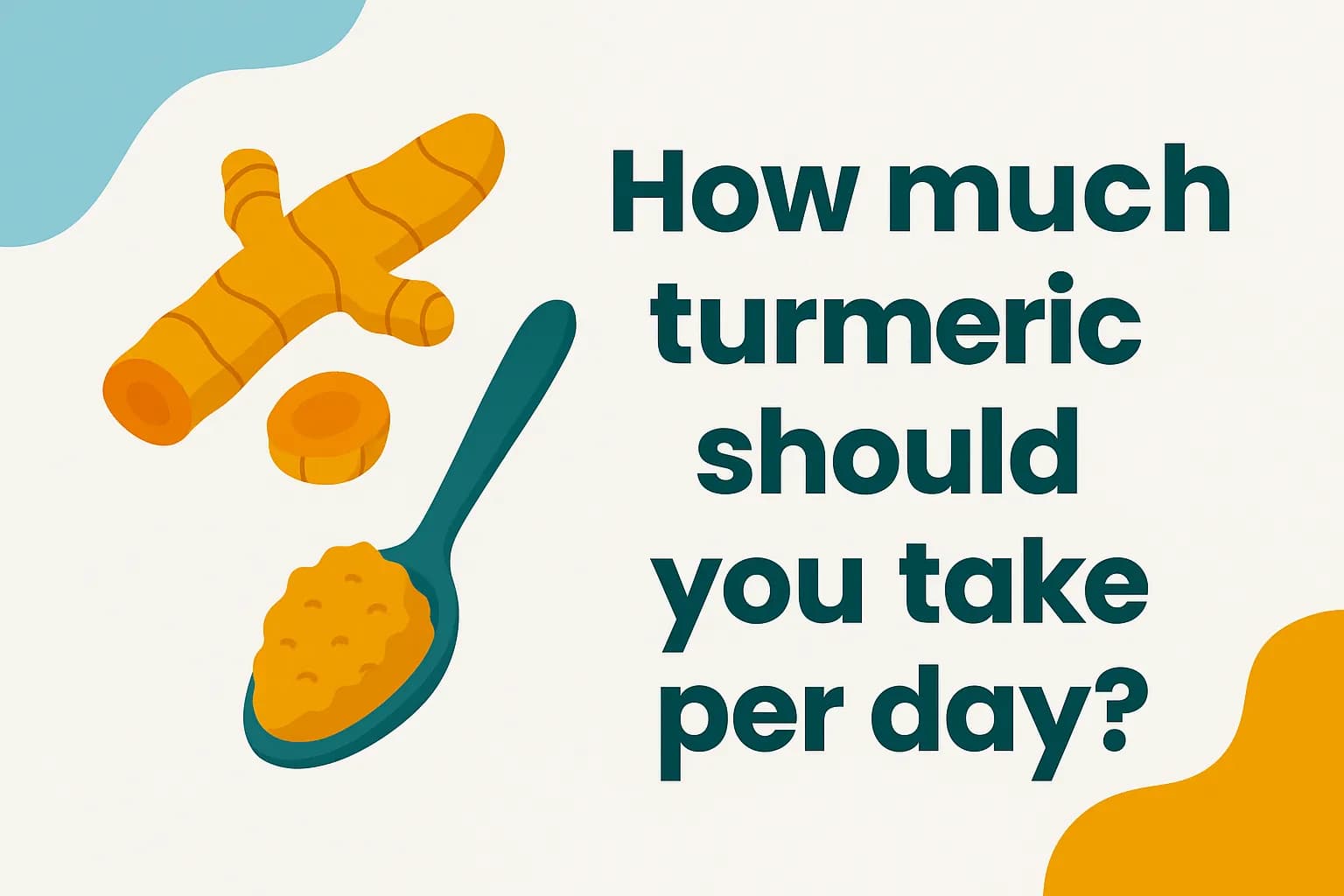Is turmeric a blood thinner?

Turmeric, a spice derived from the root of the Curcuma longa plant, contains an active compound called curcumin which has anti‑inflammatory properties. At high doses, curcumin appears to affect blood coagulation and may have a mild blood‑thinning effect. When combined with anticoagulant medications, this could increase the risk of serious bleeding.
Common prescription blood thinners
Anticoagulant and antiplatelet medications prevent blood clots that can lead to heart attack or stroke. Examples include:
- Coumadin (warfarin)
- Aspirin
- Plavix (clopidogrel)
- Eliquis (apixaban)
- Pradaxa (dabigatran)
- Xarelto (rivaroxaban)
- Effient (prasugrel)
- Brilinta (ticagrelor)
Other medications that affect bleeding
- Nonsteroidal anti‑inflammatory drugs (NSAIDs) such as ibuprofen or naproxen
- Selective serotonin reuptake inhibitors (SSRIs) such as fluoxetine, sertraline, citalopram, escitalopram
Before starting turmeric supplements, consult your healthcare provider to ensure it is safe with any medications you take.
Other natural blood thinners
Some foods and supplements also have blood‑thinning properties. Examples include:
- Ginger
- Cinnamon
- Cayenne pepper
- Garlic
- Vitamin E
- Ginkgo biloba
- Grape seed extract
- Bromelain
- Feverfew
- Dong quai
Shop Medications
Health benefits of turmeric
- Anti-inflammatory effects: may help treat arthritis and colitis
- Antioxidant effects: neutralizes free radicals
- Improved brain function: supports memory and learning proteins
- Heart health: improves blood vessel function and lowers cholesterol
- Cancer prevention: may inhibit growth of digestive system cancers
- Pain relief: reduces joint pain in osteoarthritis
- Digestive benefits: aids digestion and reduces bloating
- Skin benefits: improves acne, psoriasis, and eczema
- Depression: may boost serotonin and dopamine
- Immune support: strengthens immune response
Side effects of turmeric
- Gastrointestinal upset: nausea, diarrhea, indigestion
- Increased bleeding risk with anticoagulants
- Caution in gallbladder disease and kidney stones
- Reduced iron absorption
- Rare allergic reactions: rash, itching, breathing difficulty
- Rare liver toxicity at very high doses
- Hypoglycemia when combined with diabetes medications
- Hormonal effects in estrogen-sensitive conditions
Does turmeric interact with medications?
- Blood thinners: increased bleeding risk
- Acid-reducing drugs (omeprazole, ranitidine, etc.): possible interference
- Diabetes medications: may enhance blood sugar lowering
Who should not take turmeric?
Consult your provider before use if you:
- Are pregnant or breastfeeding
- Have gallbladder or kidney problems
- Have a bleeding disorder or take blood thinners
- Have diabetes
- Have iron deficiency
Sources
- Stohs SJ, Chen O, Ray SD, Ji J, Bucci LR, Preuss HG. Highly Bioavailable Forms of Curcumin: A Systematic Review. Molecules. 2020;25(6):1397.
- El-Saadony MT, et al. Impacts of turmeric and curcumin on human health: A comprehensive review. Frontiers in Nutrition. Accessed Aug. 26, 2024.
- Akbari M, et al. Curcumin and weight loss in metabolic syndrome: A systematic review and meta-analysis. 2019.
- Peterson CT, et al. Prebiotic potential of culinary spices. Evidence-Based Complementary and Alternative Medicine. 2019.
- Tayyem RF, et al. Curcumin content of turmeric and curry powders. Nutrition and Cancer. 2006.
- Lopresti AL, et al. Effects of a curcumin extract on osteoarthritis knee pain. Nutrients. 2022.
- Ahmad RS, et al. Biochemistry, safety, pharmacological activities, and clinical applications of turmeric: A mechanistic review. 2020.





